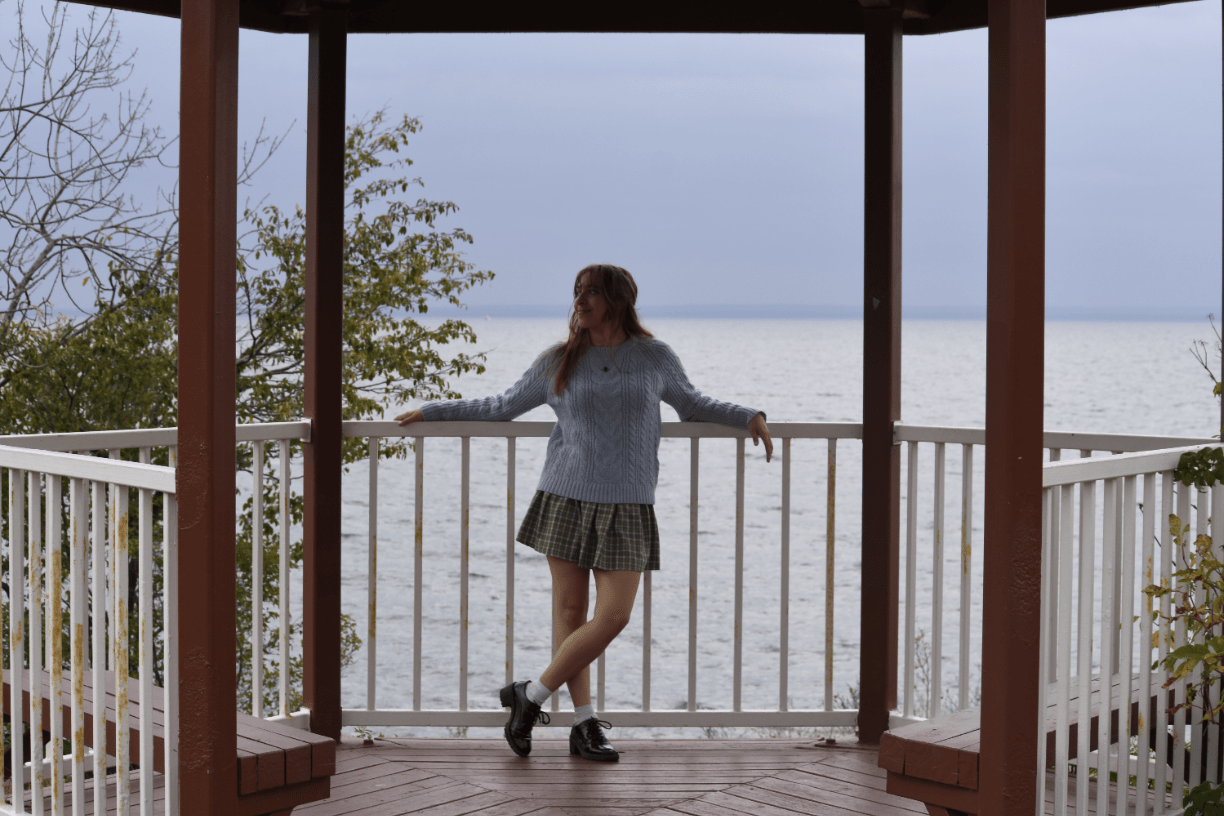An art style featuring bold lettering, often found on public walls.
Graffiti
The area around elements in an artwork.
Space
The equal distribution of visual weight in a design.
Balance.
A photo taken outdoors, featuring the spaces of the world.
A landscape.
This composition captures inanimate objects, arranged in an interesting way.
An art style characterized by images that look like real life.
Realism
How light or dark a color is.
Value.
Making one part of an artwork stand out more than the rest.
Emphasis.
A rule in photography stating that a composition is most interesting when the subject is not centered.
Rule of thirds.
The definition of composition.
The way in which parts of an artwork are arranged.
The different types of mark-making used to create impressionist art.
Dots, dashes, and lines (50 bonus points for stumbling)
The definition of texture.
How something feels or how it looks like it feels.
A principle of art that refers to a visual beat, created through repetition, emphasis, and movement.
Rhythm
A compositional technique featured in this photo.

Framing.
The six colors on the color wheel that are mixed using a primary color and a secondary color.
Tertiary Colors
An artistic movement that includes the work of Vincent Van Gogh and Claude Monet
Impressionism
The definition of line.
A mark made by a moving point.
Ways to create unity in an artwork.
Using rhythm, repetition, color, and balance.
The definition of portrait photography.
A picture of a person or a group of people.
This culture is credited with creating the first still life paintings.
The ancient Egyptians.
A 20th-century surrealist artist whose work often featured melting clocks.
Salvador Dali
Instructions to mix a secondary color.
Combine two primary colors.
The type of balance featured in this photo. 
Asymmetrical balance.
A photo of real life, taken as it happens.
Documentary photography.
The definition of point of view.
The position a camera is in when viewing a scene.